
The expansion of open-cast coal mining operations in Jharkhand's Northern Karanpura Valley poses a major threat to the region's Indigenous population, their local environment and a precious cultural heritage that dates back more than 8,000 years.
According to FIAN International, more than twenty new coal mines have been slated for the valley, some of which are already hard at work making clouds of harmful dust, contaminating local water sources and dirtying up the food-chain.
http://www.fian.org/cases/letter-campaigns/open-cast-coal-mining-threatens-indigenous-villagers-of-kusum-tola-karanpura-valley-jharkhand
http://www.firstpeoplesfirst.in/cartoondetail.php?cid=36
For instance, there is the Purnadih mine project, which is owned by Central Coalfields Limited (CCL), a subsidiary of the state-owned company Coal India Limited (CIL).
To make way for the Purnadih mine, the government of India has already carried out two full-scale evictions in the hamlets of Dembua and Baseriya. And ever since it became operational, in August 2009, nearby villages have been forced to live with toxic coal dust from routine blasting at the mine. The foundations of many homes, for instance, in the village of Kusum Tola, have also been cracked from the blasting.
Adding "injury to injury", the government is now getting ready to carry out a third eviction for the Purnadih mine. According to FIAN, any day now, the people of Kusum Tola will be forced off their land.
The overall threat of the expansion, however, goes far beyond any single village. In fact, it threatens two hundred villages in the Northern Karanpura Valley: their access to land and clean drinking water, their subsistence lifestyles, their sacred sites and their cultural traditions.
All two villages practice Khovar and Sohrai ritual mural painting traditions, a practice that stems back more than 8,000 years, according to archeologists, to the early Damodar Valley Civilization and its creation of megalithic sites and rock art sites. For that reason, the area has been recommended to UNESCO as a threatened World Heritage site.
http://www.sacred-sites.org/preservation/endangered_jharkhand.html
http://sinclairenvironmental.com/sanskriti/heritagesites.htm
In addition to its Intangible Cultural Heritage, the Karanpura Valley is widely regarded as one of the most fertile agricultural landscapes in all of India; in addition to it being a sensitive habitat and corridor for endangered tigers and elephants.
http://www.international.icomos.org/risk/2002/india2002.htm
The expansion will also have a considerable effect on climate change, to which India is particularly susceptible, says Bulu Imam, a member of the Indian National Trust For Art and Cultural Heritage (INTACH).
"Carbon dioxide is the single greatest contributor to global warming leading to eco-catastrophic climate change, posing a severe threat to human life, including rising sea levels, melting of glaciers in the Himalayas leading to drying up of Himalayan rivers including the Ganges, and extreme sudden rise of temperature in the sub-continent," says Bulu Imam, member of the Indian National Trust For Art and Cultural Heritage (INTACH).
"[...]In this regard new opencast coal mines and coal-fired thermal power plants, which are acknowledged as among the greatest producers of carbon dioxide, are unjustifiable and unacceptable globally."
What You Can Do
FIAN is currently running a letter-writing campaign directed at the Prime Minister of India, urging him to
http://www.fian.org/cases/letter-campaigns/open-cast-coal-mining-threatens-indigenous-villagers-of-kusum-tola-karanpura-valley-jharkhand
1) Take action by ordering an immediate stoppage to the eviction of Kusum Tola and other places in the Karanpura region;
2) Enforce a suspension on all new mining projects in the Upper Damodar watershed in the Karanpura region;
3) Undertake a social, human rights and environmental impact assessment of all the coal mines being presently operated and planned in the Northern Karanpura Valley
4) Facilitate an open and transparent review of the way mine clearances are granted.
To take part in the campaign, please head over to http://www.fian.org/cases/letter-campaigns/open-cast-coal-mining-threatens-indigenous-villagers-of-kusum-tola-karanpura-valley-jharkhand.
Call to Action:
Please sign and mail, fax and/or email the attached, pre-addressed letter to the Prime Minister of India, Mr. Manmohan Singh, to support the villagers in their resistance against CCL's mining plans. Please send copies of your letter to Mrs. Pratibha Patil, President of India; Mr.Jairam Ramesh, Minister for Environment and Forests and Mr. Arjun Munda, Chief Minister of Jharkhand. Please do so by July 28, 2011.
Background
The expansion of open cast coal mining in the North Karanpura Valley directly impacts on about 200 village communities that rely on the region's fertile basin and forest produce to maintain their subsistent lifestyles. The indigenous people of the region, the Adivasis, grow crops including rice, wheat, wild seeds, mustard and lentils, while supplementing their incomes with minor forest produce and seasonal labor work in the off-season. More than 1,000 sq km of their land has been allocated to over twenty mines under the new plans. Kusum Tola is one of the numerous villages to be threatened by the expansion of mining operations
CCL has mined coal in the region for over thirty years in projects including Dakara, Ray, Chura, Bachara, Manki, Piparwar and Ashoka. The Purnadih mine, which affects Kusum Tola and adjacent villages, officially opened on August 21, 2009. Eviction of the hamlets of Dembua and Baseriya has already been carried out and Kusum Tola faces threat of eviction.
Kusum Tola is currently feeling the effects of explosions in the vicinity. In addition the mining activities are causing the pollution of rivers and the destruction of precious water sources, including the Upper Damodar catchment watershed.
While the mining operations jeopardize the role of Karanpura Valley as one of the richest rice and vegetable producing areas in India, the region is also environmentally and culturally significant. Once famous for its wildlife, the valley still contains important elephant corridors. The indigenous people possess a rich cultural heritage and maintain artistic traditions that link back to prehistoric rock art designs found in the area.
The local administration generally supports the company against the people. It has become common for those who protest against land acquisitions and human rights violations to be criminalized by the police in a clear violation of their civil and political rights.
Women are particularly affected by the consequences of the mining operations; economically, socially and psychologically. Their roles change dramatically when families lose land and paid jobs are given as compensation. Women are typically less likely than men to receive compensation for the loss of their land, in terms of money or jobs.
The continuation of the mining is a clear violation of the provisions of national laws and international treaties including the UN Declaration on the Rights of Indigenous Peoples and the International Covenant on Economic, Social and Cultural Rights.
http://intercontinentalcry.org/open-cast-coal-mining-threatens-indigenous-villagers-in-jharkhand-india/







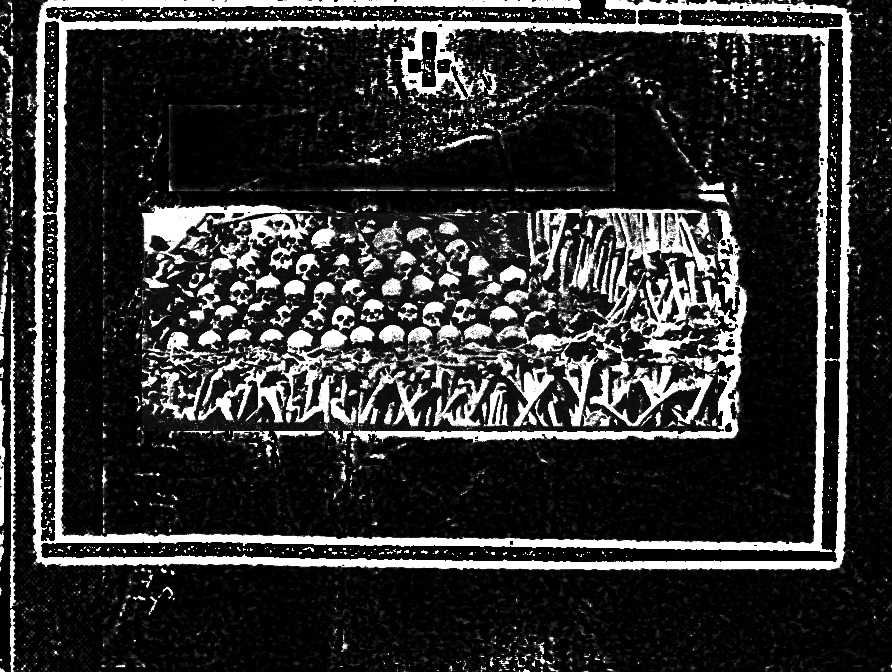
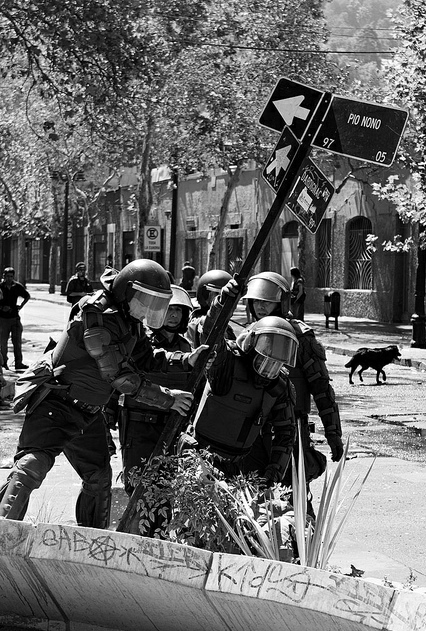


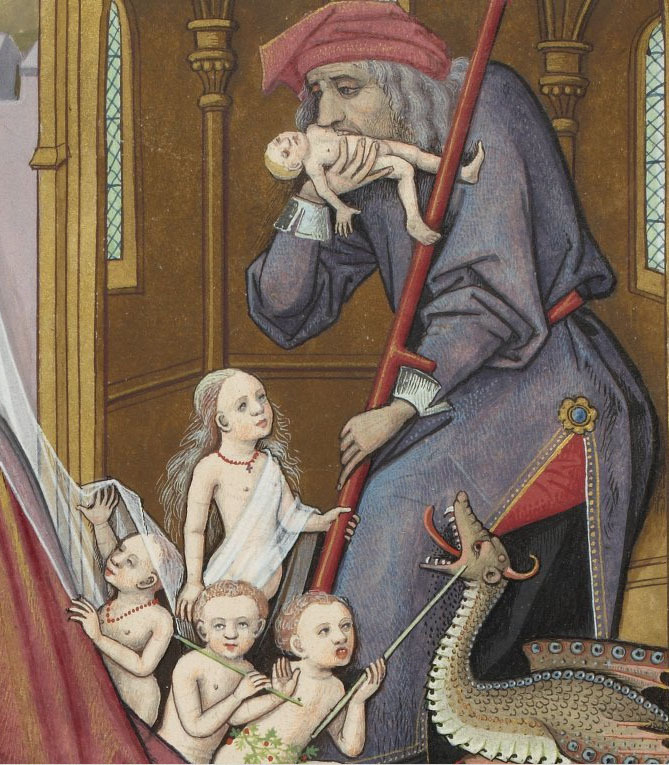


![Eurorepressione - Sulla conferenza a Den Haag sul tema "Anarchia" [corretto]](http://25.media.tumblr.com/tumblr_m0jvngOXtY1qa2163o1_1280.jpg)
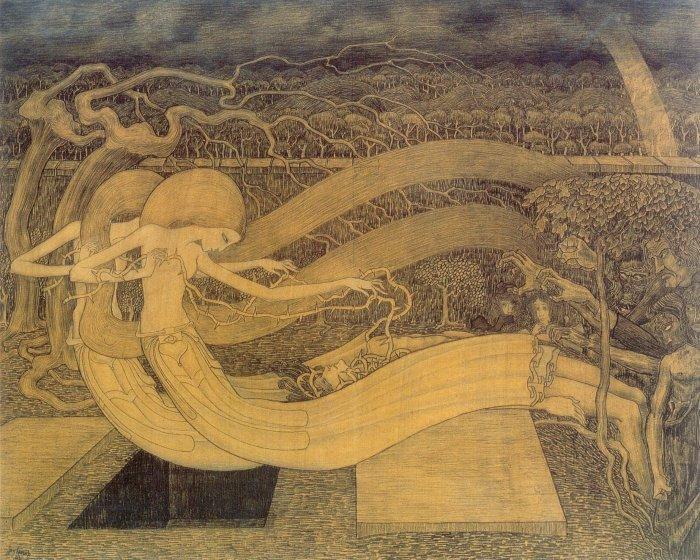


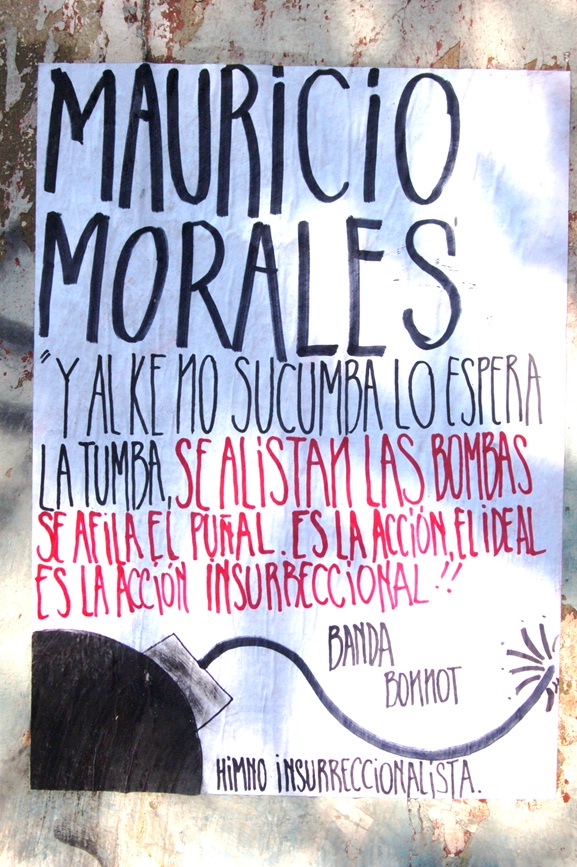
![A tres años de la Partida de Mauricio Morales: De la Memoria a la Calle [Stgo.]](http://metiendoruido.com/wp-content/uploads/2012/05/mmacividad.jpg)
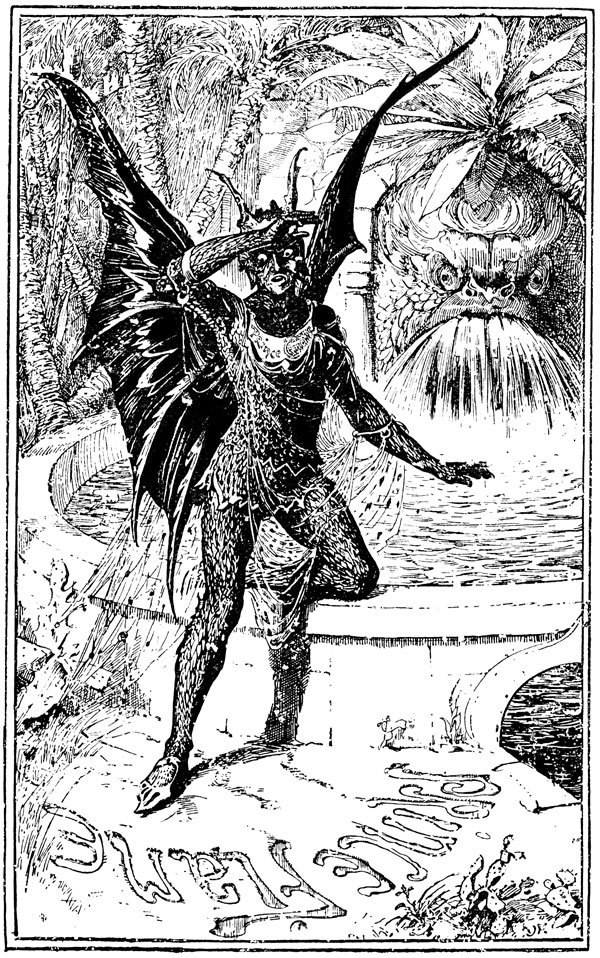




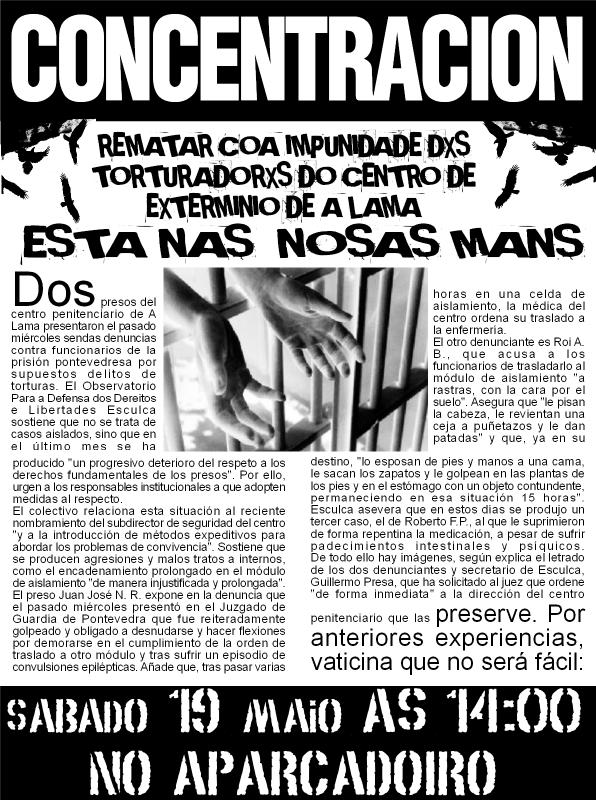

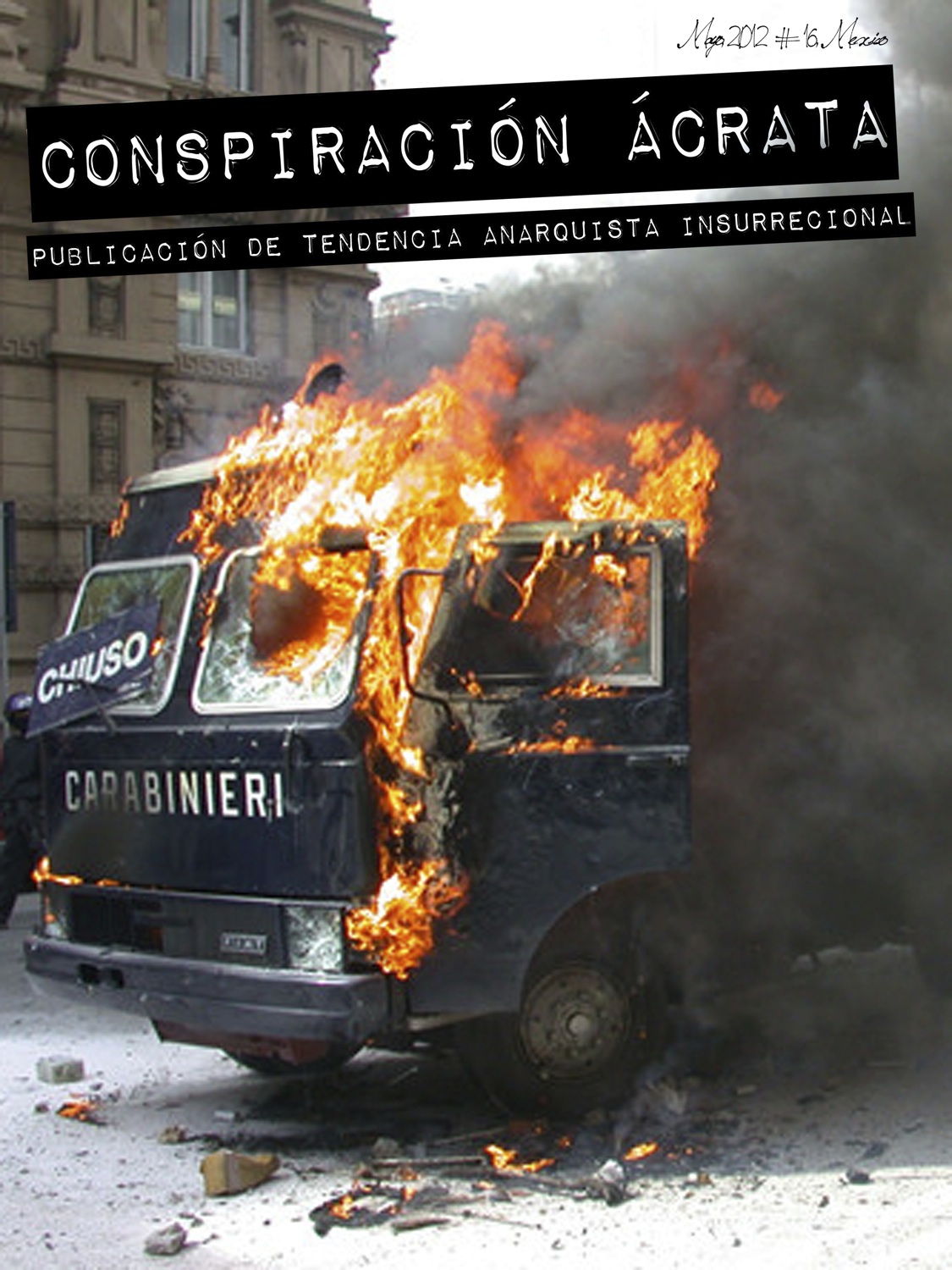


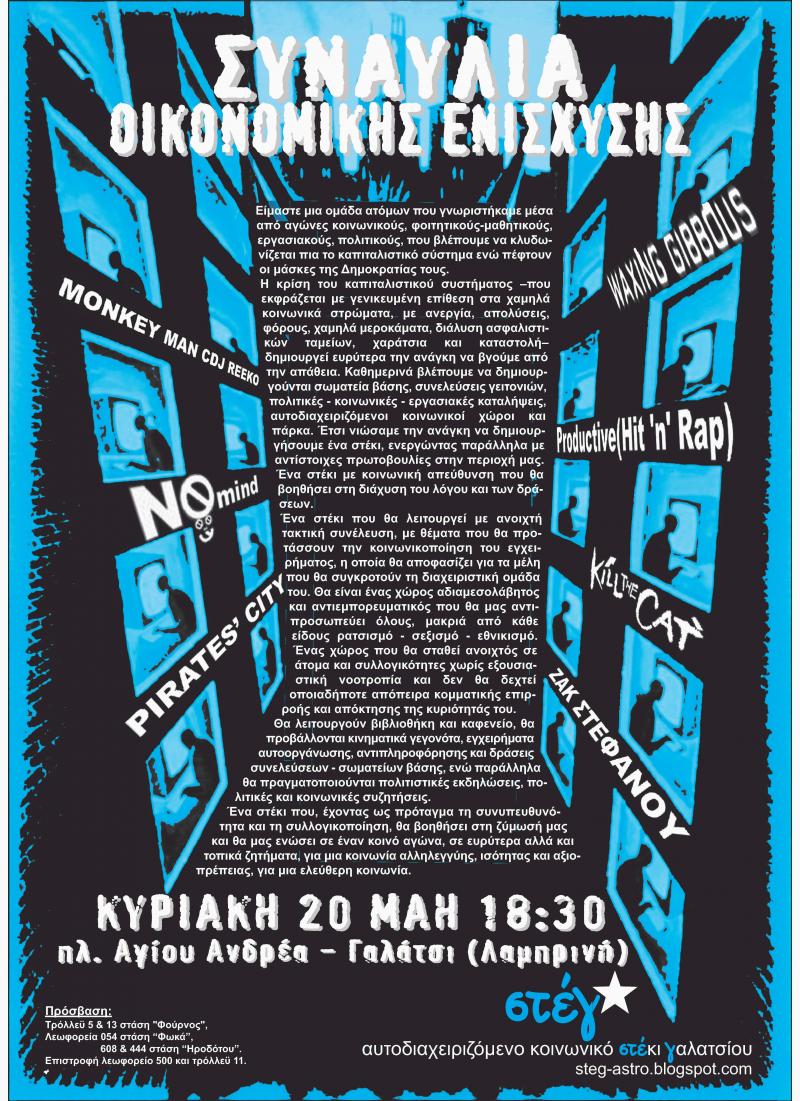








Nessun commento:
Posta un commento